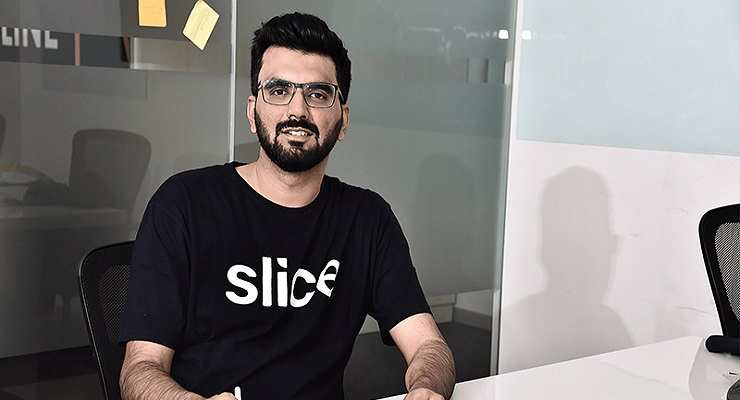Slice, fintech startup unfold out 3-day work week
- ByStartupStory | October 5, 2021

Due to a shortage of tech talent, Indian companies are offering increased vacation time and paternity leave as they compete for graduates and professionals. A Bengaluru startup tries a different solution: a three-day workweek.
FinTech Slice offers employees a three-day week with a salary of 80 percent of the prevailing market rate. This is a win-win approach that allows employees to pursue other passions or interests — or other jobs — while maintaining a stable salary and benefits from Slice, said Rajan Bajaj, the company’s founder.
“This is the future of work,” said Mr Baja.
Global investors invest billions of dollars in Indian tech startups, pressuring entrepreneurs to strengthen their teams.
Slice bets his approach will set him apart from the competition. The company has 450 employees and aims to hire 1,000 engineers and product managers over the next three years.

“It’s the best of both worlds. Employees can get full pay and benefits by working a three-day week and spending the rest of their time chasing a startup dream, finding a co-founder, or pursuing a passion other than work,” said Mr. Bajaj.
The move to shorter weeks has been going on for at least a century. In 1926, Henry Ford switched to a five-day work week instead of the usual six, after experiments showed that productivity would not suffer. Companies and countries have experimented for years with four-day weeks without widespread adoption.
Proponents of shorter weeks cite studies showing increased worker productivity and well-being, prompting countries like Ireland and Iceland to give them a try. The world’s largest online retailer, Amazon, tried a four-day week for some employees in 2018, and even China is trying to limit its excessive working hours.
As in Silicon Valley, the work-oriented culture of the Indian startup industry disappoints some engineers, while others take the opportunity for all it’s worth. Salaries for engineers have tripled in the past three years, Bajaj said. Bid wars are common and employees have been known to ignore startups after several rounds of salary negotiations.
On the edge of capital, startups also invest in other initiatives to attract engineers and designers. Social trading platform Meesho announced a 10-day company-wide hiatus in November to allow employees to unplug and recharge. FinTech startup BharatPe offered benchmark giveaways like BMW bikes, gadgets and cricket holidays to Dubai.
Slice began offering its three-day option from Monday, and he’s betting its timing is right: Millions of engineers are preparing to go back to work in person, after nearly two years of working from home.
Founded in 2016, the startup specializes in providing credit cards to young Indian adults. The physical card launched in 2019, with the company offering one-minute registrations, cash back rewards, and a variety of payment options. Slice released 110,000 cards last month, making it one of the leading providers in the country. The backers are Gunosy Capital in Japan.









